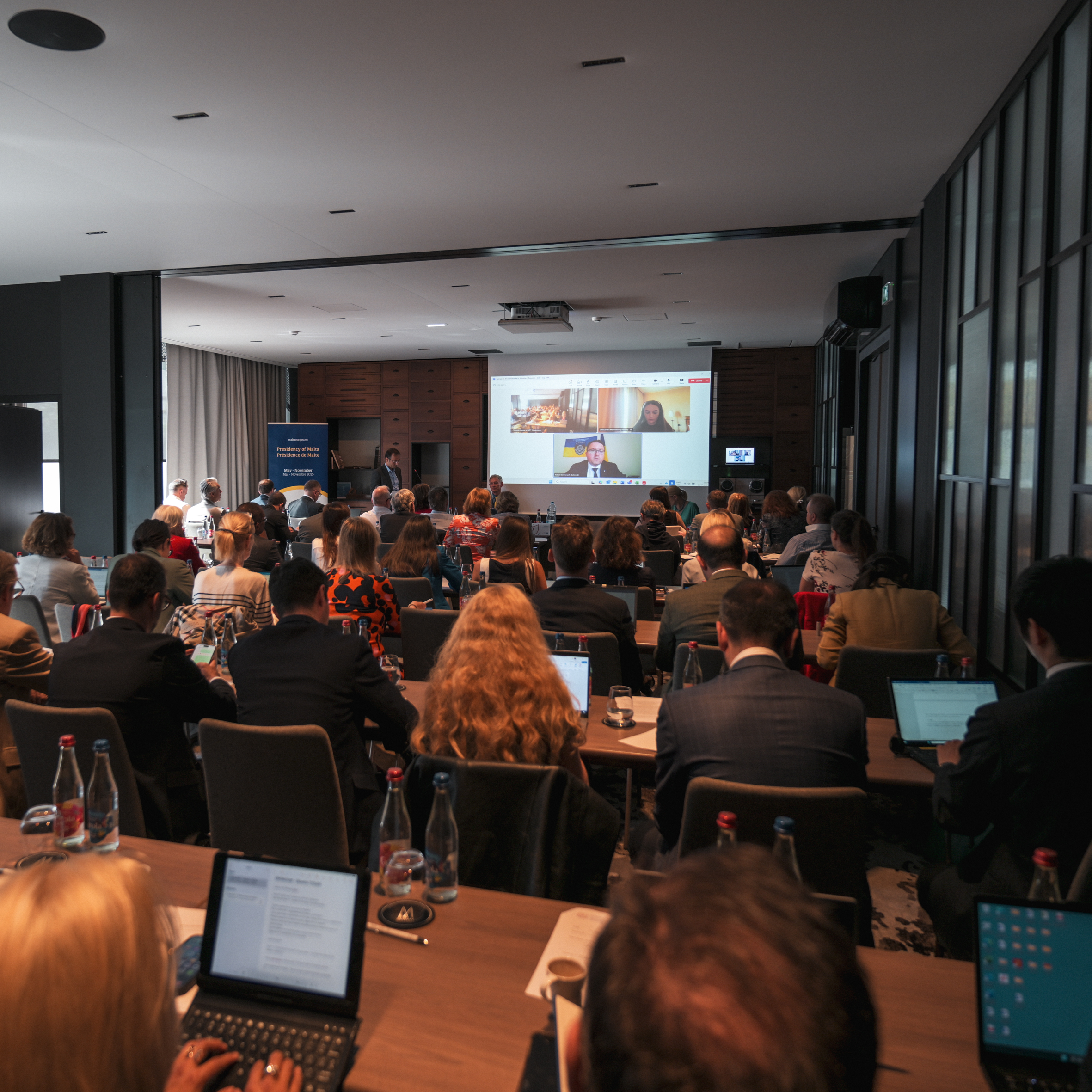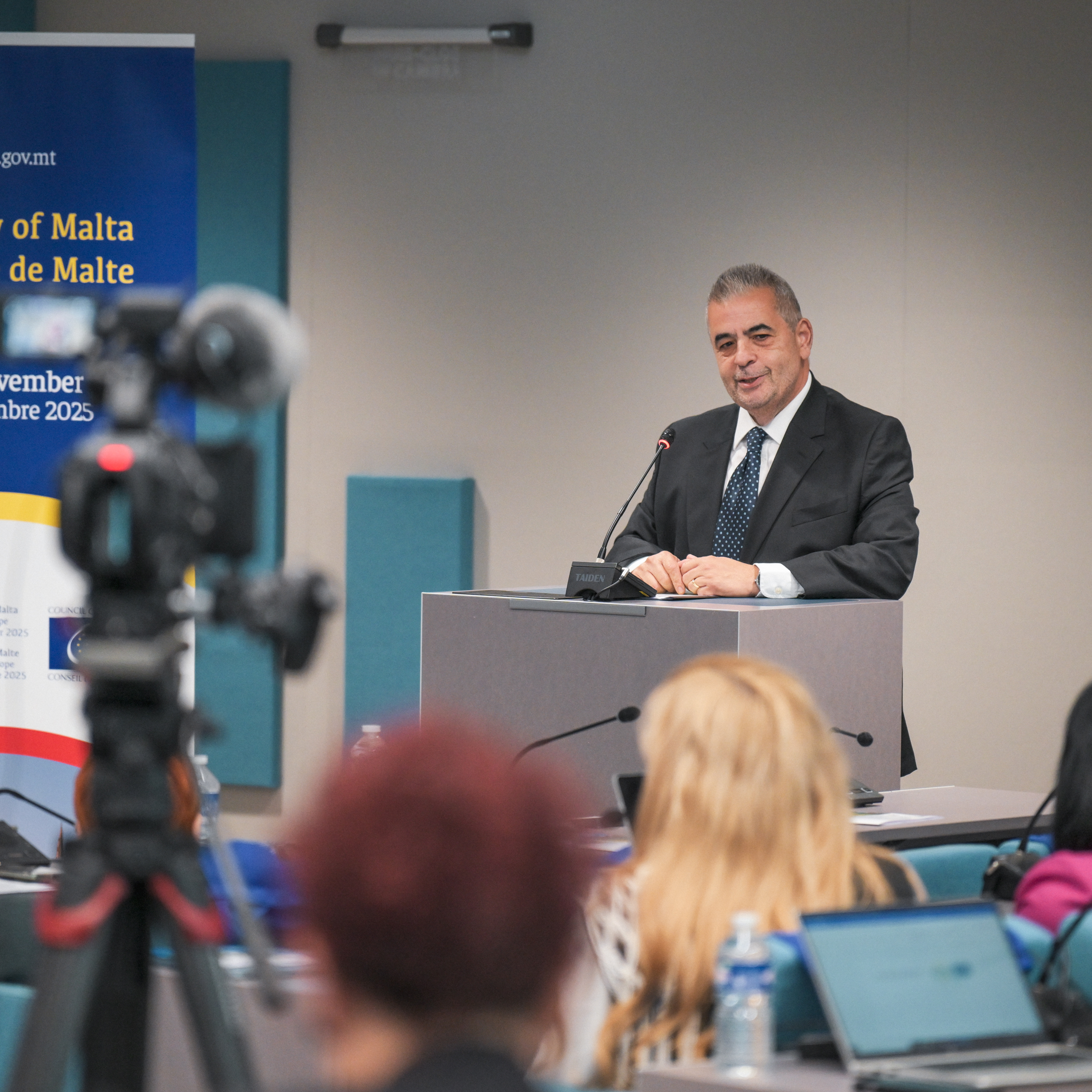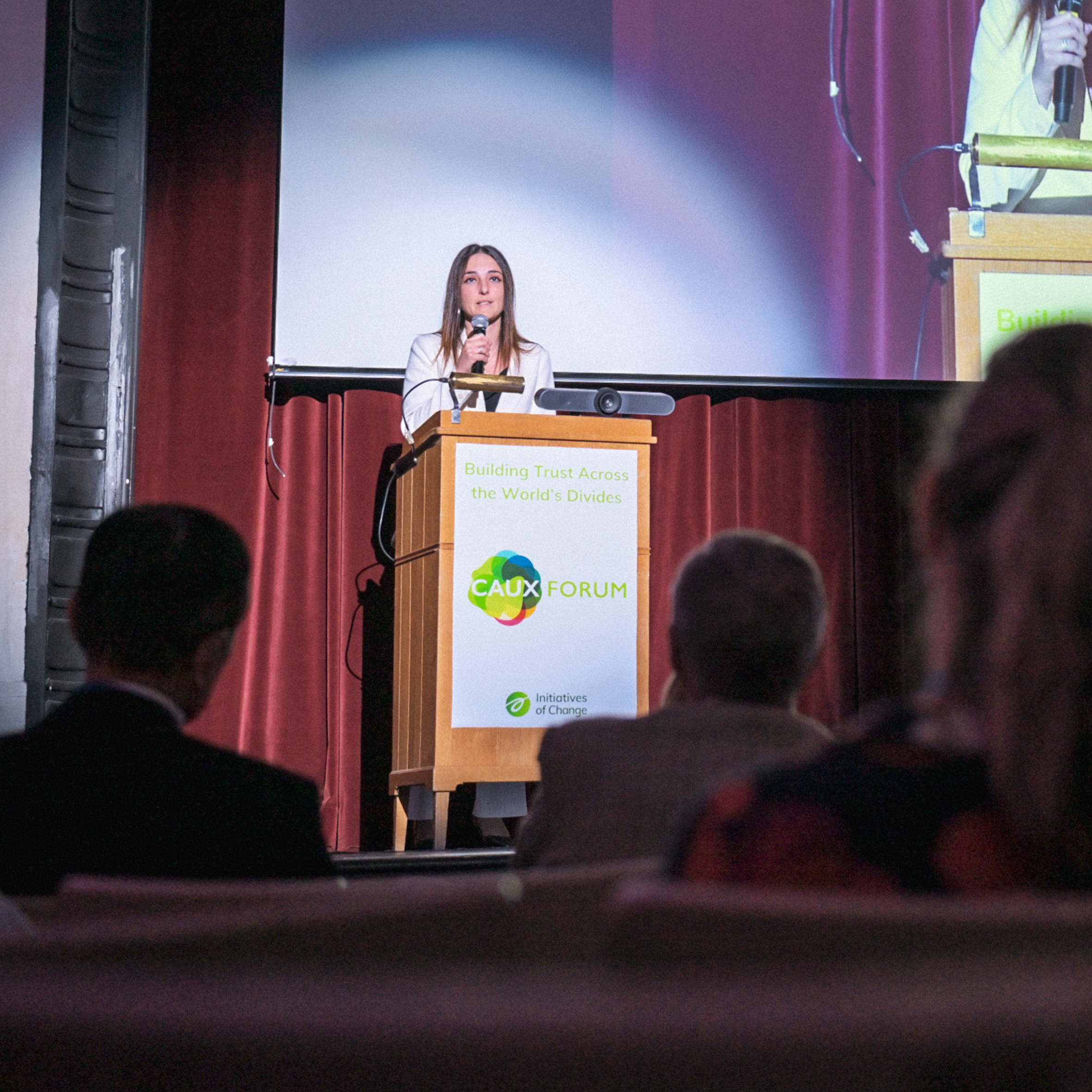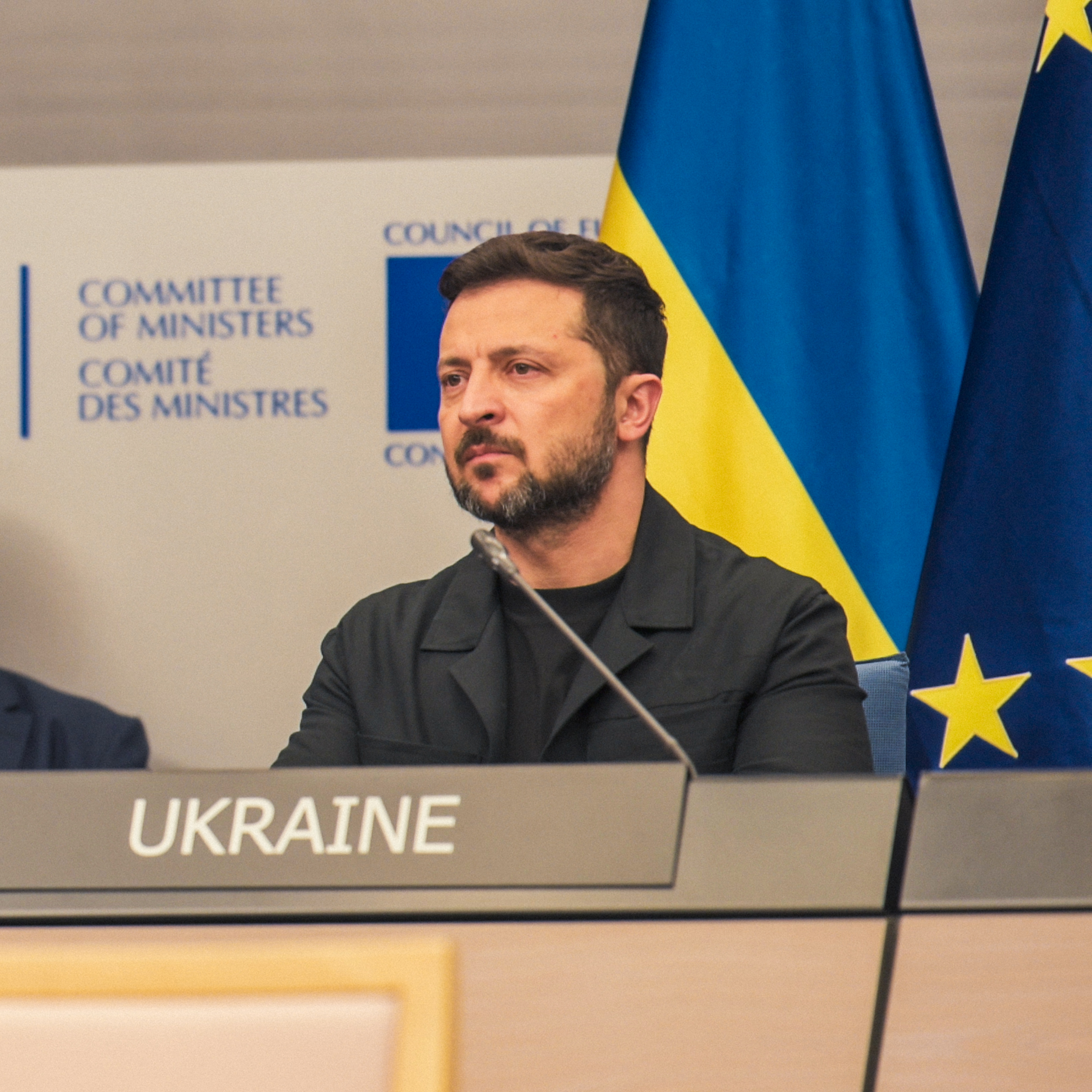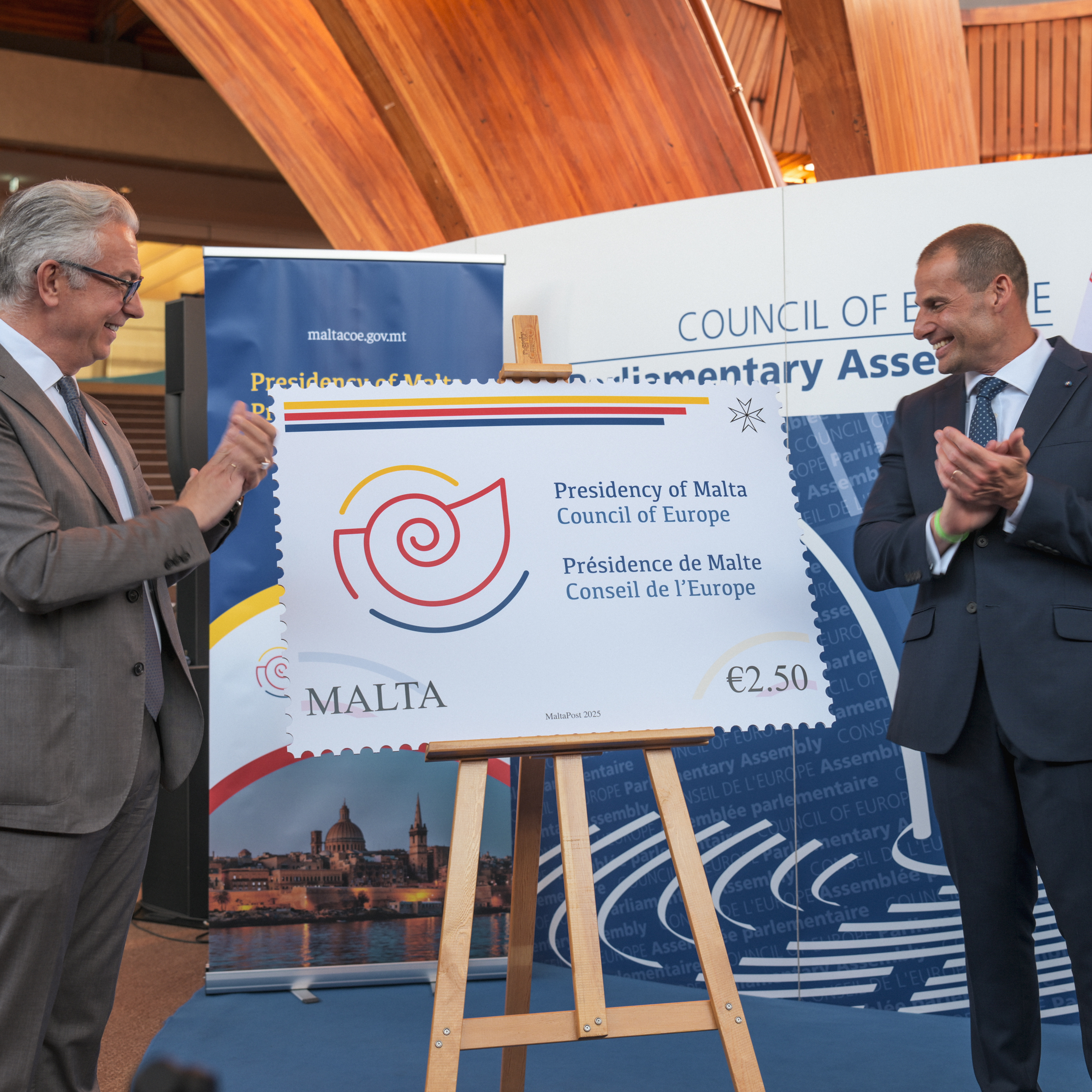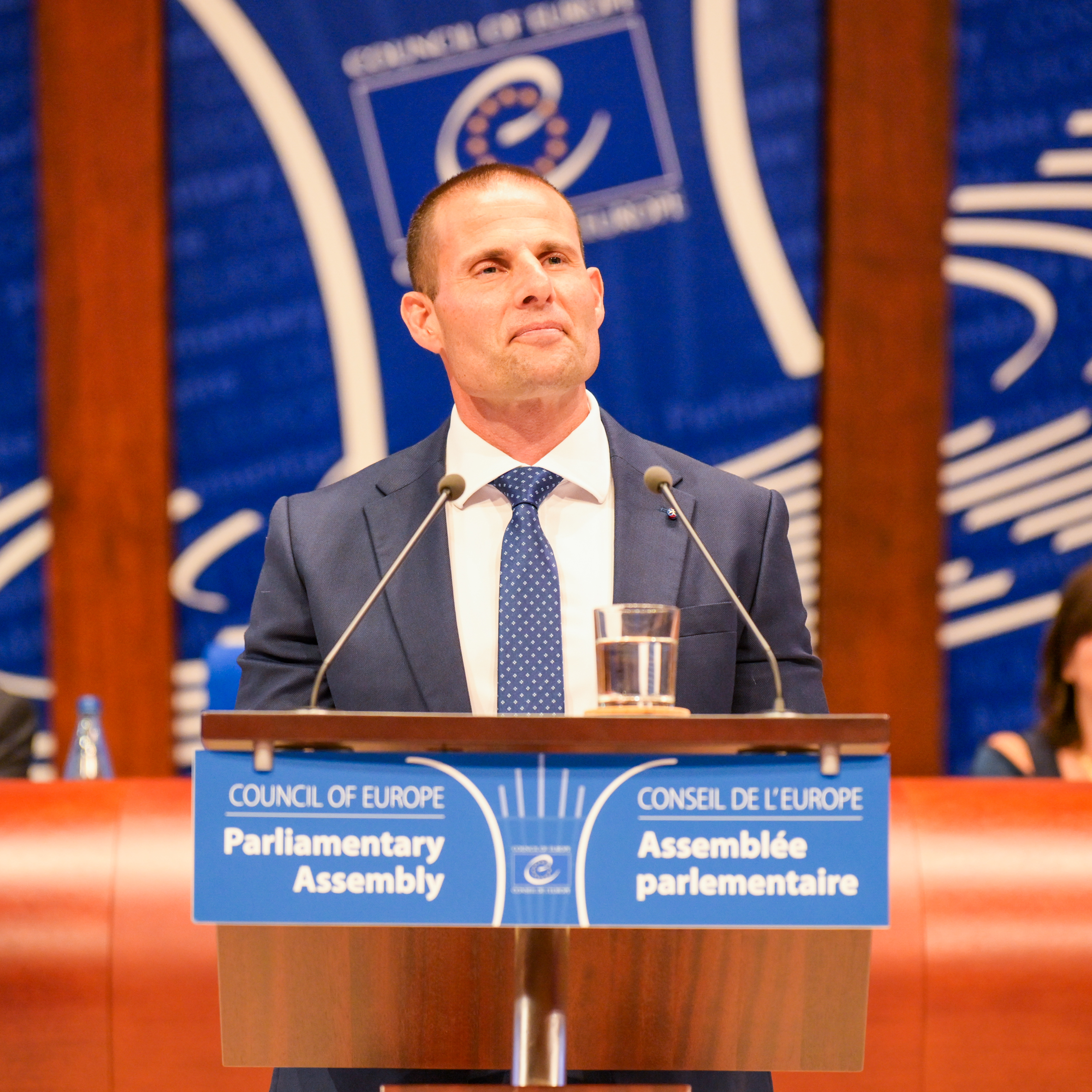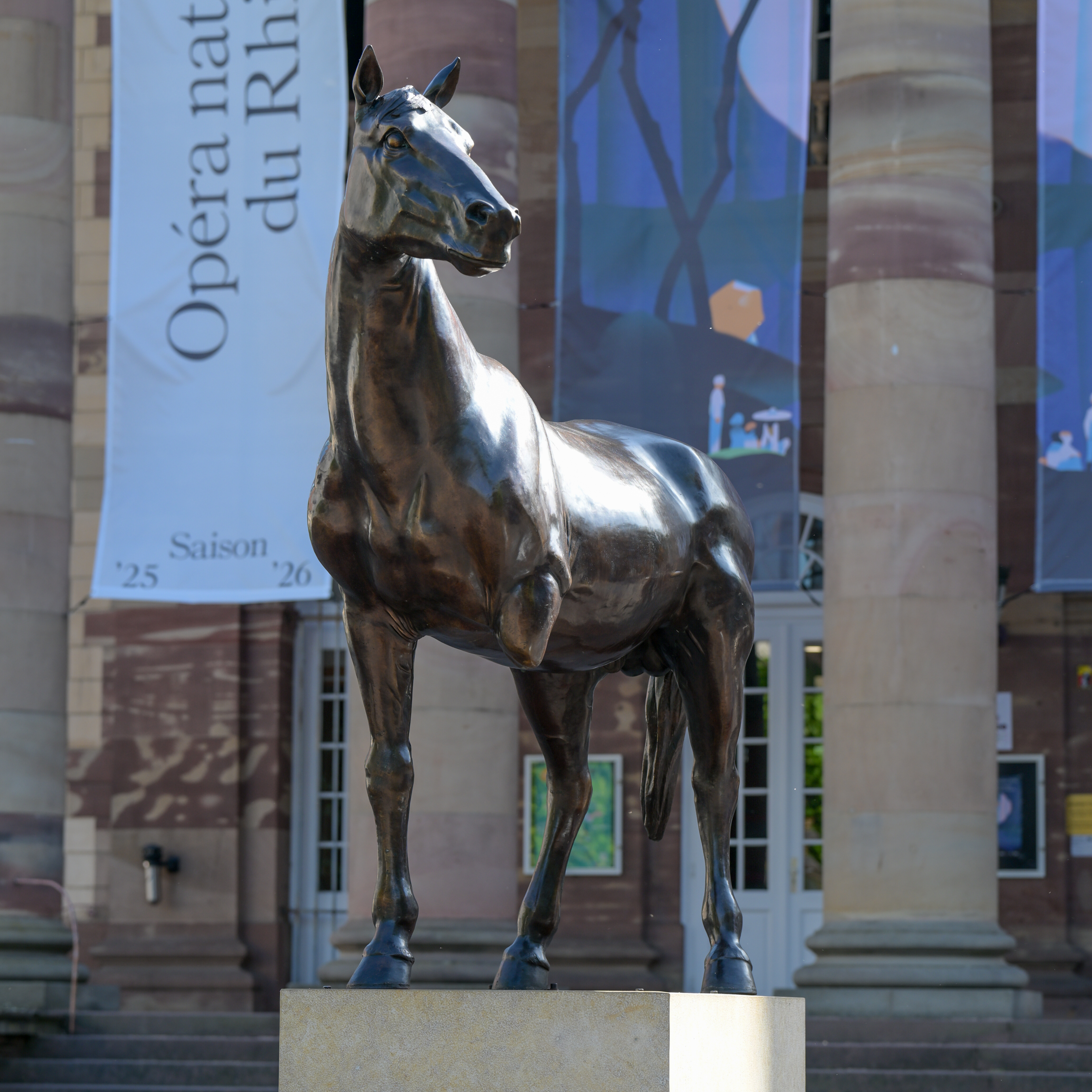COLMAR, 10 July 2025 – Under the Maltese Presidency of the Committee of Ministers of the Council of Europe, Ambassadors and high-level representatives gathered for a focused retreat on advancing justice and accountability in the context of the ongoing war in Ukraine. The retreat took place at a critical juncture in the Council of Europe’s response to Russia’s war of aggression against Ukraine and formed part of a broader effort to place human rights, accountability, and the protection of children at the core.
Discussions centred on three key pillars: ensuring accountability through the proposed Tribunal for the Crime of Aggression, securing reparations via the Register of Damage and Claims Commission, and supporting Ukraine’s democratic resilience through the Council of Europe’s Action Plan for Ukraine.
Deputy Foreign Minister of Ukraine, Ms Mariana Betsa, delivered a strong political intervention, reaffirming the urgent need for coherence and sustained support across international justice mechanisms.
Throughout a series of thematic panels, participants reflected on the human impact of the war, with a particular emphasis on the need to operationalise the Special Tribunal for the Crime of Aggression following the recent bilateral agreement between Ukraine and the Council of Europe. The Register of Damage was also on the agenda, with calls to strengthen international outreach and counter disinformation in regions including Africa and Latin America.
Special focus was given to children protection, particualrly in the context of the organisation’s Action Plan for Ukraine. The retreat concluded with broad consensus on the importance of continued political commitment and practical cooperation within the Council of Europe framework. It reaffirmed the Maltese Presidency’s commitment to continue to advocate for integrated, effective, and globally supported accountability structures.
As Malta continues to lead the Committee of Ministers, the focus will remain on delivering tangible results through the Council of Europe’s mechanisms and supporting Ukraine’s recovery anchored in democracy, human rights, and the rule of law.
